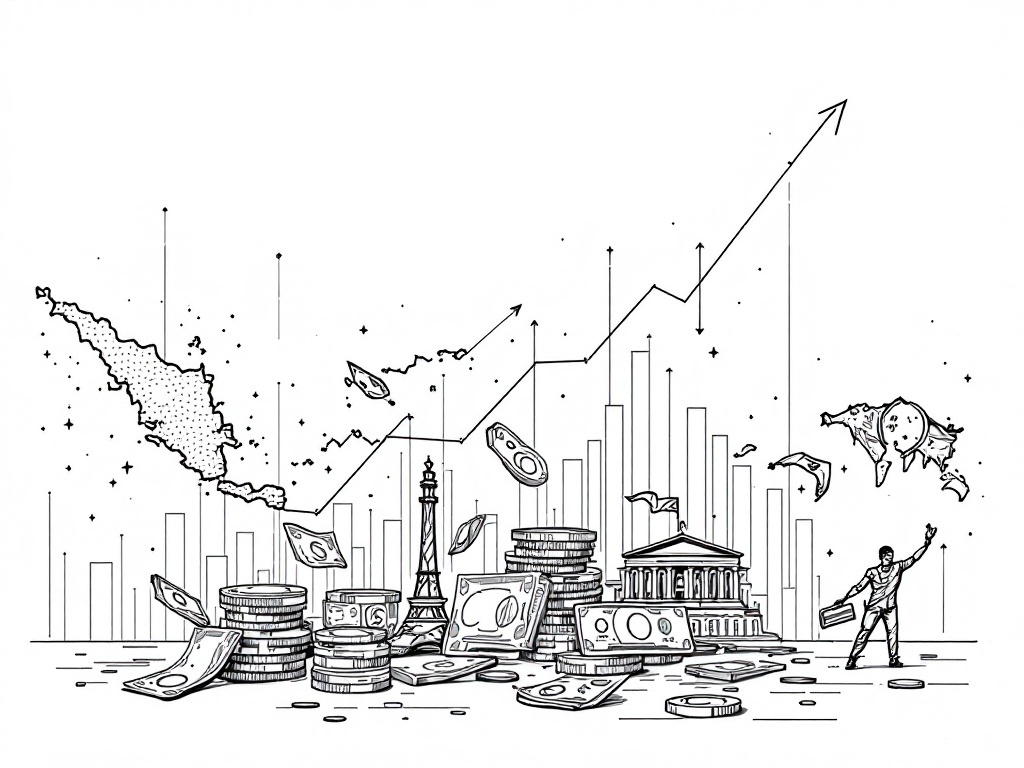Indonesia's Economic Growth Under Pressure Amid Political Uncertainty

Jakarta, Thursday, 11 September 2025.
Indonesia’s GDP growth of 5.12% is overshadowed by political unrest, causing investor caution. The rupiah and stock market have declined, affecting economic stability and future prospects.
Political Unrest and Economic Stability
The current political unrest in Indonesia has significantly impacted its economic stability, with a GDP growth rate of 5.12% being overshadowed by investor caution. The decline in the rupiah to approximately Rp16,500 per US dollar and a fall in the Jakarta Composite Index by over 3% illustrate the market’s reaction to the ongoing instability. The political tensions have not only caused a direct impact on financial markets but have also reshaped investor sentiment, highlighting the delicate balance between economic growth and political stability in Southeast Asia’s largest economy [1].
Structural Resilience vs. Immediate Challenges
Despite these challenges, analysts like Samuel Hertz from the EBC Financial Group emphasize Indonesia’s structural resilience, citing favorable demographic trends and a strategic position in global commodity markets as long-term strengths. However, the immediate challenges posed by civil unrest have resulted in significant economic losses, with damages reported to exceed Rp500 billion (US$30.4 million) [1]. The suspension of social commerce platforms such as TikTok Live has particularly affected small and medium enterprises (SMEs), further complicating the economic landscape [1].
Government and Market Responses
In response to the unrest, officials, including President Prabowo Subianto, have announced measures to restore stability, such as a Rp200 trillion (US$12.1 billion) injection into the economy. Bank Indonesia has also signalled its readiness to stabilize markets through intervention and liquidity tools [1]. These measures aim to mitigate the short-term economic impacts while maintaining investor confidence. However, the recent cabinet reshuffle, including the appointment of Purbaya Yudhi Sadewa as Finance Minister, has raised concerns about the continuity of fiscal policy and its implications for market confidence [2].
Future Outlook and Investor Sentiment
Looking forward, the future growth trajectory of Indonesia hinges on the government’s ability to balance populist spending with long-term fiscal sustainability. The new administration’s capacity to implement effective economic policies while managing political unrest will be crucial in sustaining economic growth and attracting foreign investment. The market remains cautiously optimistic, but the need for policy clarity and transparency is emphasized by economic analysts as pivotal in maintaining investor confidence [3].